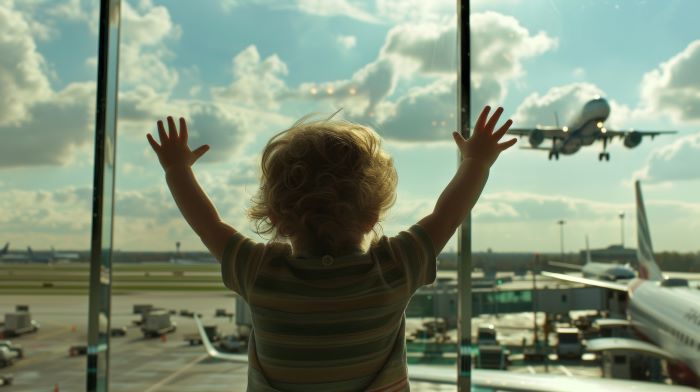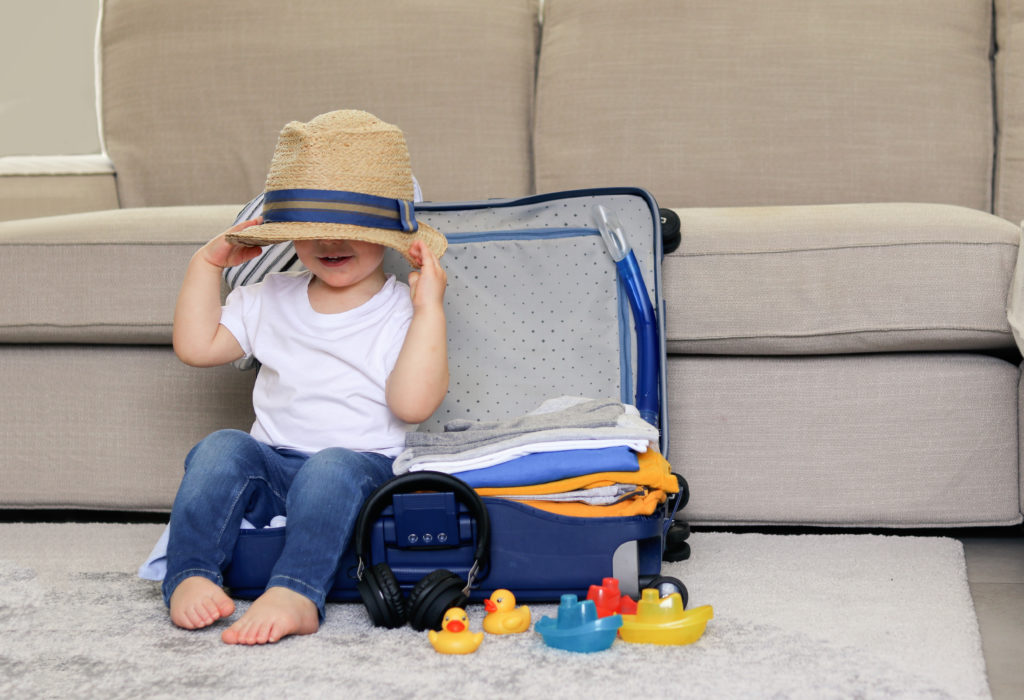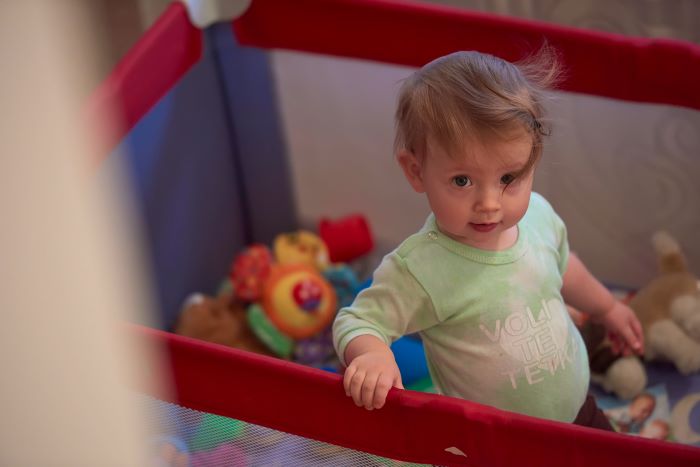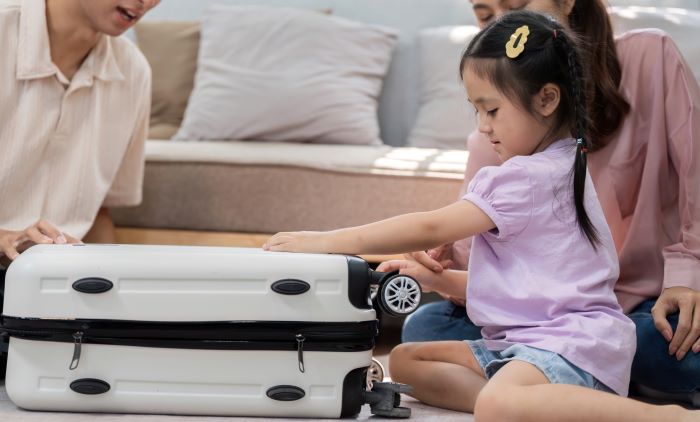How to Help Your Child Sleep Well on Holiday
Going away as a family should be a chance to relax and make happy memories—but if your child’s sleep is thrown off, it can leave everyone feeling exhausted. Whether you’re staying in a hotel, with family, or heading abroad, being away from home can unsettle even the best little sleepers.
Changes in surroundings, routines, and even time zones can all affect your child’s ability to fall and stay asleep. But with a little planning, you can help your child sleep well on holiday—and return home feeling refreshed.
Why do holidays disrupt sleep?
It’s completely normal for children to feel unsettled when sleeping somewhere new. Unfamiliar bedrooms, different beds, strange sounds, and even a new smell to the sheets can cause bedtime resistance or night waking, especially in the first night or two.
If your child is already a sensitive sleeper, holidays can sometimes feel like a step backwards. But don’t worry—with consistency and reassurance, they’ll adapt to their new surroundings.
Sleep Tips for Children While Travelling
#1. Plan for Better Sleep
Planning is key when it comes to keeping your child’s sleep on track during holidays.
-
If your child usually sleeps in their own room, try to book accommodation with family or adjoining rooms, so they still have their own sleeping space.
-
If you’re flying or travelling long distances, aim to schedule your journey around nap times when possible.
-
Check in advance if your accommodation offers travel cots—or, better yet, bring your own familiar one if you’re staying in the UK.
#2. Pack Sleep Essentials
Create a mini sleep sanctuary away from home by packing familiar items from your child’s bedroom.
-
Take your child’s favourite comforter, cuddly toy, bedtime storybooks, and a night light if they use one.
-
Pack a fitted cot sheet or pillowcase from home so your child can settle with familiar smells.
-
If your child is used to blackout blinds, consider taking a travel version—or using bin bags and tape to block out excess light.
#3. Settle Into the New Sleep Space Early
Help your child adjust to their new environment:
-
As soon as you arrive, set up your child’s sleep space and spend time there with them.
-
Encourage your child to help unpack their things, play a game, or read a book in their new bedroom.
-
Avoid making bedtime their first visit to the room—this can increase anxiety or resistance.
#4. Stick to Your Usual Bedtime Routine
One of the best things you can “pack” for holiday sleep is your bedtime routine.
-
Stick as closely as possible to the same wind-down routine you use at home—bath, book, cuddles, lights out.
-
If your child usually falls asleep alone, but you’re all sharing a room, consider stepping into the bathroom while they fall asleep. After 10–15 minutes (when they’re in a deep sleep), you can quietly return without disturbing them.
Coping with Time Zone Changes

If you’re travelling abroad and crossing time zones, it’s likely your child’s sleep schedule will need a few days to adjust.
Here are some quick tips:
-
Gradually shift their sleep and wake times before you leave, if you can.
-
Spend lots of time outside during the day to reset their body clock.
-
Keep naps to the usual length and avoid letting them sleep too late in the day.
👉 For more detailed advice, check out our Jet Lag Survival Guide for our top tips
What if Sleep Goes Off Track?
Even with the best plans, sleep can still wobble on holiday—and that’s okay. Try to stay calm and reassuring, knowing it’s only temporary. Once you’re home, return to your usual bedtime routine right away. With a bit of consistency, your child’s sleep should settle again within a few days.
🧳 Your Holiday Sleep Checklist (No Download Needed!)
Here’s your quick, go-to list of what to pack and what to do to help your child sleep well while you’re away. Bookmark this page or screenshot it for later!
Before You Go
-
Adjust your child’s schedule by 15–30 mins a day if crossing time zones
-
Book family or adjoining rooms if your child usually sleeps alone
-
Plan travel around nap time, if possible
-
Talk to your child about the trip to reduce bedtime anxiety
What to Pack
-
A favourite cuddly toy, comforter, and bedtime books
-
A sheet or pillowcase from home with familiar smells
-
Portable blackout blinds (or bin bags and tape)
-
White noise machine or app
-
Night light
-
Familiar travel cot (if staying in the UK)
On Arrival
-
Set up the sleep space straight away
-
Let your child explore and play in the new bedroom
-
Stick to your usual bedtime routine
-
Keep lights low and the wind-down calm
During the Trip
-
Keep naps and bedtimes as close to normal as possible
-
Give your child time to settle—new places take adjustment
-
Step out at bedtime if sharing a room (e.g., bathroom break!)
-
Get outside in daylight to help reset their body clock
Returning Home
-
Go straight back to your normal sleep routine
-
Expect a few off nights—this is normal
-
Be consistent and reassuring
Final Thoughts
Holidays should be about fun, family, and rest. By planning ahead and packing a few familiar comforts, you can help your child sleep well wherever you are. A good night’s sleep means a happier child—and a more relaxed holiday for everyone!
Written by Mandy Gurney 15/04/25






